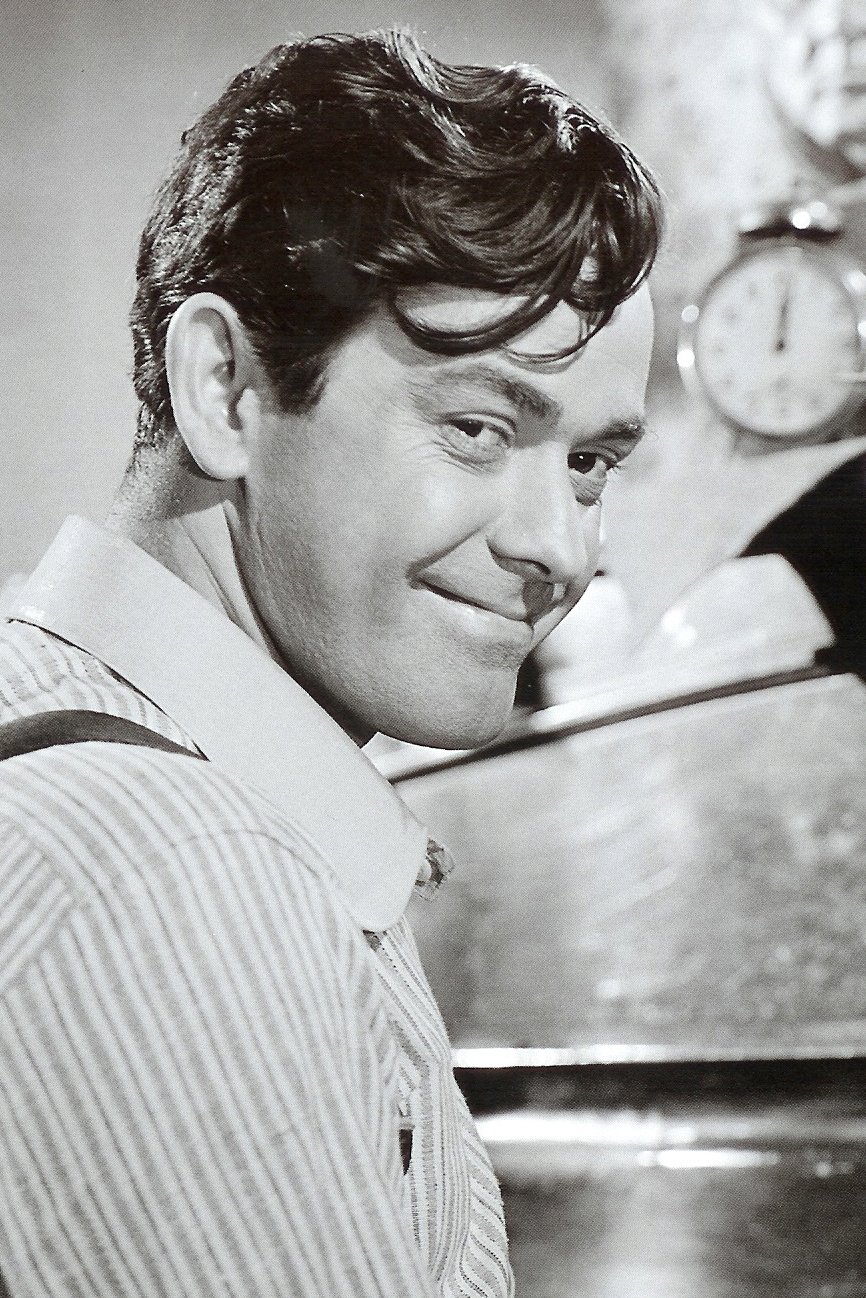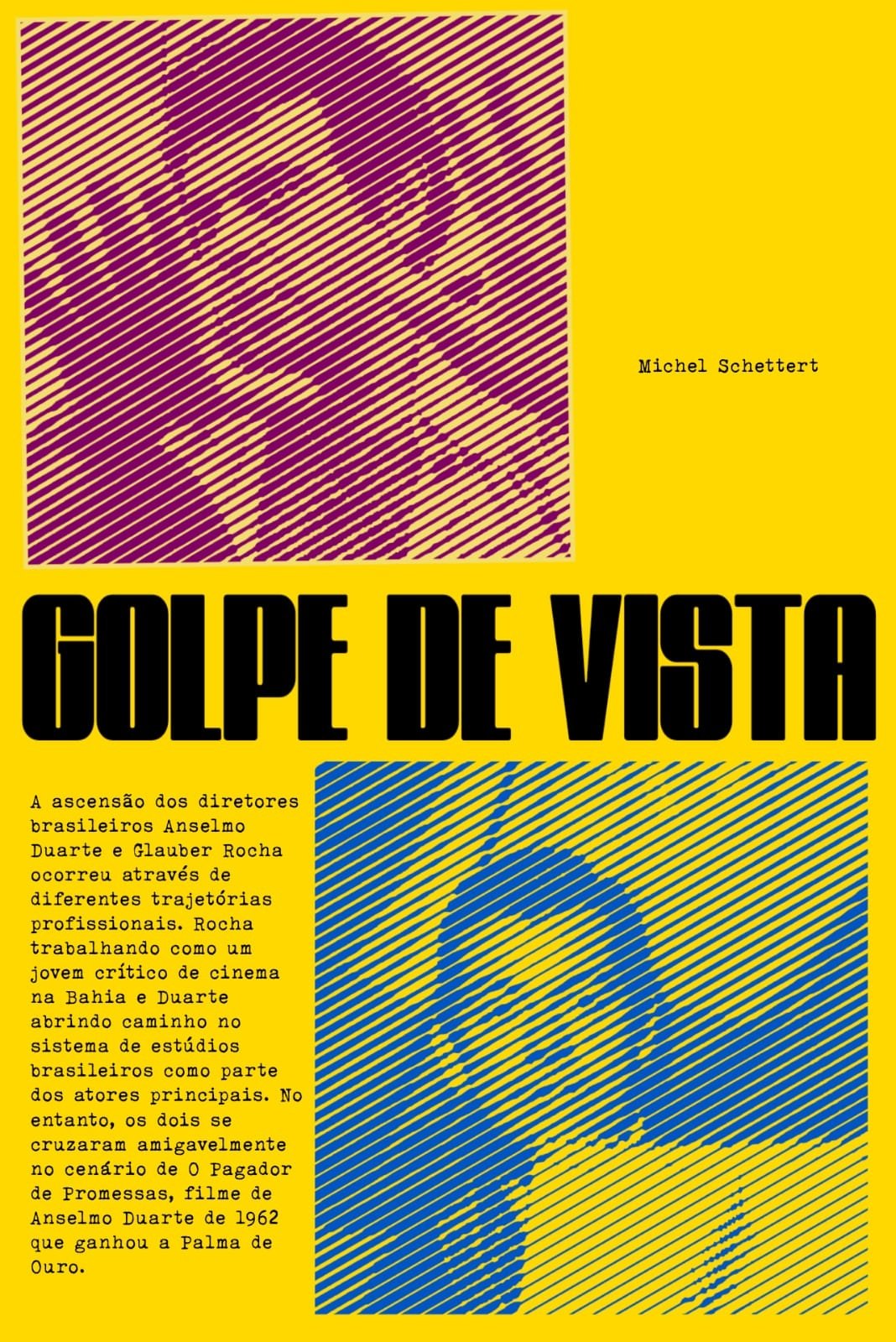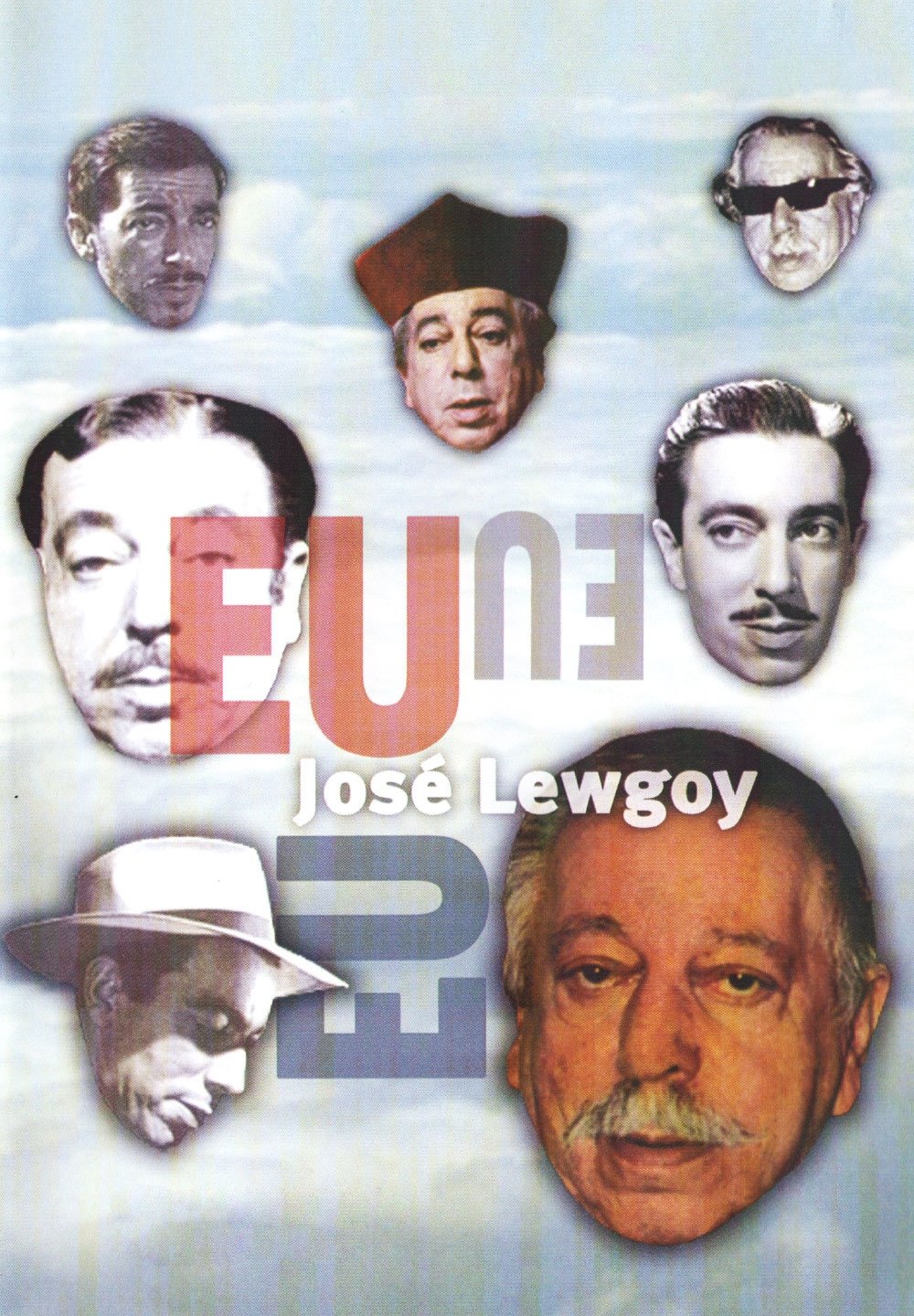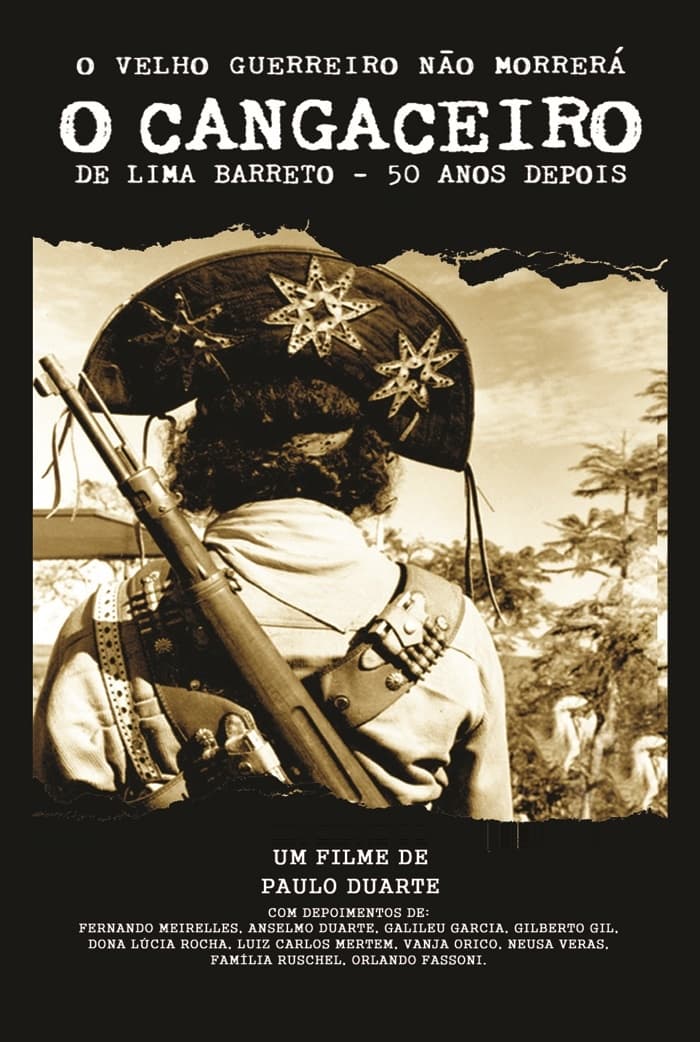

The rise of Brazilian directors Anselmo Duarte and Glauber Rocha occurred through different professional trajectories. Rocha working as a young film critic in Bahia and Duarte working his way through the Brazilian studio system as part of the leading actors. However, the two crossed paths amicably on the set of O Pagador de Promessas, Anselmo Duarte's 1962 film that won the Palme d'Or.

Two years of research and visits to collections, cinematheques and museums; almost seventy interviews that generated 30 hours of recorded material; more than two hundred scanned photos and more than one hundred films watched. In total, more than a thousand hours of work were needed to prepare Brazilian Cinema in the 20th Century. The work is a fascinating journey through all the cinematic cycles that Brazil lived, from the pioneering Belle Époque, through the great studios like Atlântica and Cinédia, Cinema Novo, the urban comedies of the 70's, until the resumption in the late 90's. The documentary is unique, it gives the floor to who really wrote and lived this story intensely.

Documentary discussing the life and work of José Lewgoy, one of the most important Brazilian actors of all times.


"Portraits and excerpts from Brazilian films from all times. Actors, directors and images that affirm cinema."

Rich girl travels with her fiancé (a cousin) to the family farm, where they're going to marry. But finds another cousin in love with her who does everything to hamper the wedding.

A docufiction that reveals the obstacles faced by AIDS victims during its worst period when it was a new and deadly disease. Interviews with famous Brazilian personalities and anonymous people about the disease’s pandemic all over the world, their opinions, and hopes for a future cure.
Anselmo Duarte Bento (April 21, 1920 – November 7, 2009) was a Brazilian actor, screenwriter and film director. Initially known as a leading man in popular musical comedies (known in Brazil as "chanchadas"), he debuted as filmmaker in 1957's "Absolutamente Certo", in which he also stars. His next film, "O Pagador de Promessas" (1962), adapted from a stage play by Dias Gomes, won the Golden Palm at the 1962 Cannes Film Festival. It is, to date, the only Brazilian feature film to be so distinguished and the first Cannes' Southern Hemisphere Golden Palm for best feature film. Duarte was awarded with the Order of The Cultural Merit, Brazil's highest cultural civilian honor, and with the Order of Ipiranga, which is the state of São Paulo's highest civilian honor. He was also awarded with titles of merit citizenship by numerous Brazilian municipalities including Rio de Janeiro, São Paulo and Salto, his birthplace. In 2009, the municipality of Salto inaugurated a multimillion-dollar cultural and educational center named "Centro Cultural e Educacional Anselmo Duarte", housing a 500 audience amphitheater for film and theatrical events. The center also displays for public view the original "Golden Palm" awarded to Duarte at the 1962 Cannes Film Festival. n 2008, at 88, Duarte founded a cultural organization (Instituto Anselmo Duarte) dedicated to restoring selected Brazilian films and creating special, free of charge, educational projects aimed at young filmmakers to improve their technical filmmaking skills. After his death, his son, Ricardo Duarte, 69, became the institute's president. Upon being diagnosed by suffering Alzheimer's dementia in 2002, Duarte spent his last 7 years of life under the care of his son, Ricardo, and his grandchild, Daphne, a preeminent Brazilian artist. Anselmo had 4 children. Reaching stage 6 on his Alzheimer illness condition, a bladder cancer was detected which led to a severe blood hemorrhage, precipitating a heart stroke. Although both the bladder cancer and heart conditions had been successfully treated, a sudden massive hemorrhagic brain stroke left the legendary Brazilian actor and filmmaker in a coma for 6 days, which led to his passing on November 7, 2009. Description above from the Wikipedia article Anselmo Duarte, licensed under CC-BY-SA, full list of contributors on Wikipedia.
By browsing this website, you accept our cookies policy.